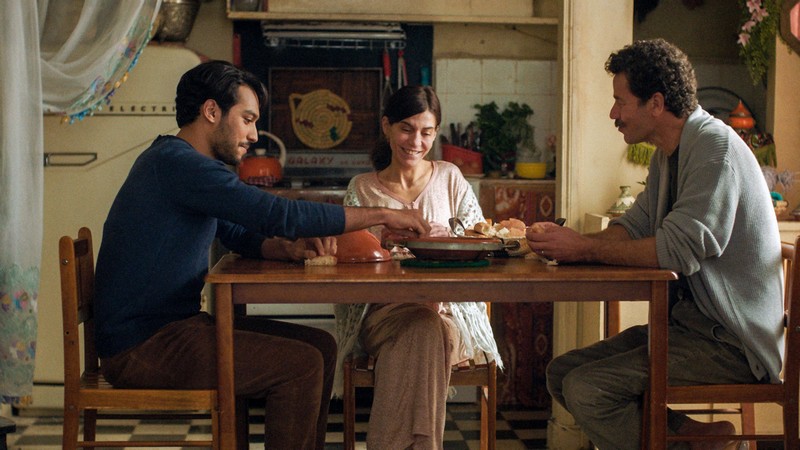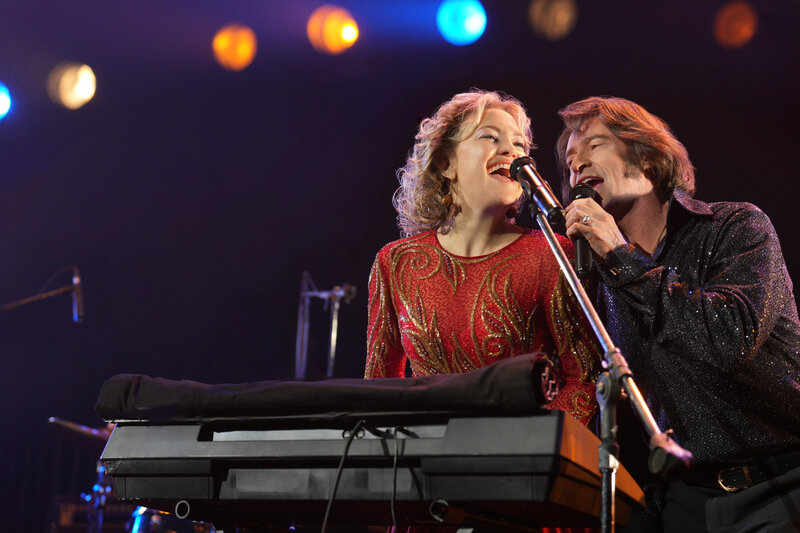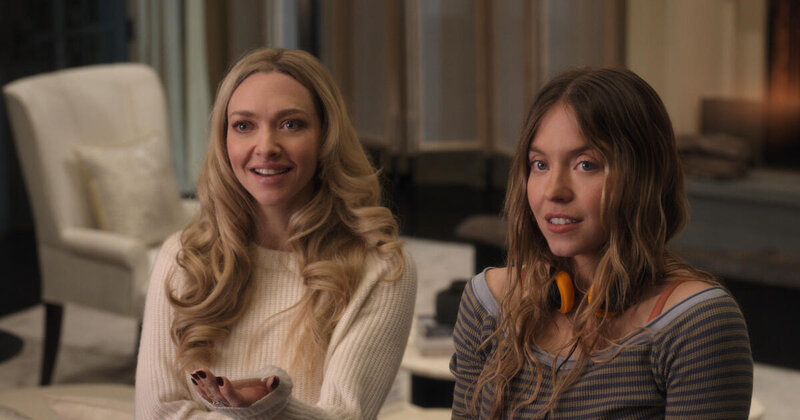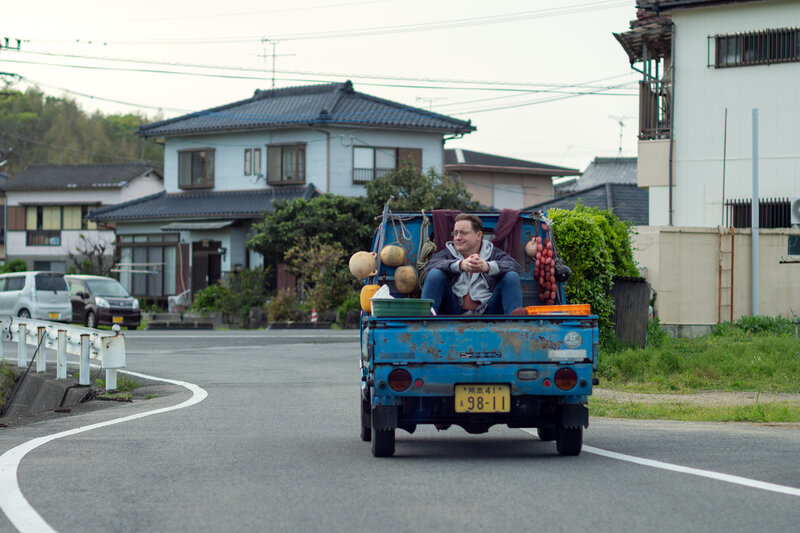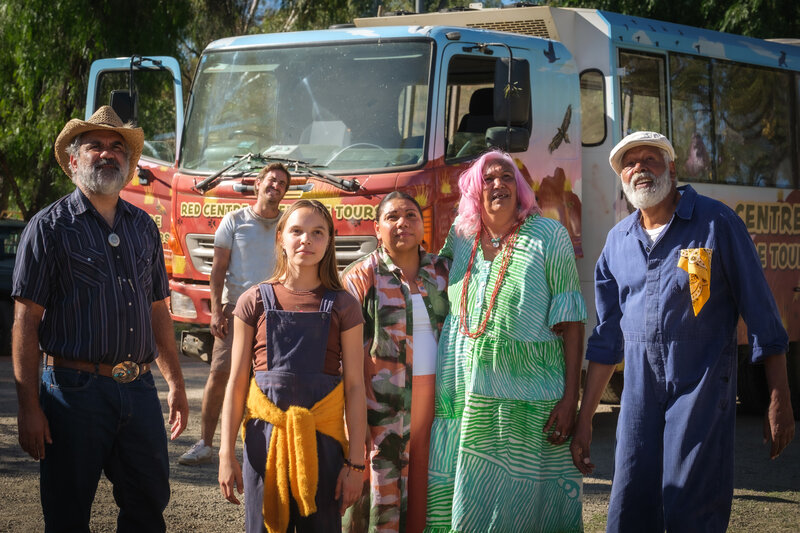The Blue Caftan is a sensitive and engaging queer themed story. It won the FIPRESCI Prize at Cannes in 2022 and was Morocco’s official entry for the Oscars.

The film centres around a middle-aged married couple named Mina (Lubna Azabal) and Halim (Saleh Bakri) who are childless. Mina and Halim run a small sewing shop in a local medina where they make traditional caftans for their clientele. Halim makes all his gowns by hand, but the couple now have plenty of work, so they decide to take on an apprentice, the handsome Youssef (newcomer Ayoub Missioui, in his film debut). But Halim, who has repressed his own sexuality due to the strictures of this largely Muslim nation so as not to bring shame on Mina, finds himself attracted towards the younger man. Halim has previously found release through his frequent visits to a Turkish bath where he can indulge in illicit sexual encounters.
Mina notices the subtle glances and touches that pass between Halim and Youssef and begins to suspect that her husband is interested in their young apprentice. When Youssef expresses his attraction towards Halim the cold response temporarily drives him away. But Mina falls sick when her cancer returns, and she comes to an understanding of the nature of the relationship between both men and finally reaches an arrangement with them.
The Blue Caftan is an intimate little drama that has been directed with warmth and restraint by Moroccan born filmmaker Maryam Touzami, who gives us some delicate insights into Moroccan culture and explores the taboo subject matter of same sex relationships with empathy. Touzami weaves together an intricate tapestry of love and loss, desire and heartache and heartbreak. The film unfolds at a languid pace that enables the audience to appreciate its subtle nuances and immerse themselves in the atmosphere. The dialogue is sparse, and the film’s emotions are conveyed more by glances and touches than words.
She draws solid and subtle understated performances from her three leads. Bakri looks a little like an Arabic Tom Selleck, and he manages to bring his character’s conflicted emotions to the fore with his mannered performance. Both he and Missioui develop a superb chemistry that delivers a sexual frisson on screen. Azabal, who worked with Touzami on her 2019 film Adam, does a good job here conveying a range of emotions.
The Blue Caftan has been nicely shot by regular cinematographer Virginie Surdej (Adam) who gives us a strong sense of place, especially during those scenes set on the streets of the medina, but her muted colour palette gives the material a rather grim tone. Every scene is meticulously framed to help underscore the emotional heft of the material and imbues each scene with hidden layers.
Greg King
Other reviews you might enjoy:

Greg King has had a life long love of films. He has been reviewing popular films for over 15 years. Since 1994, he has been the film reviewer for BEAT magazine. His reviews have also appeared in the Herald Sun newspaper, S-Press, Stage Whispers, and a number of other magazines, newspapers and web sites. Greg contributes to The Blurb on film

